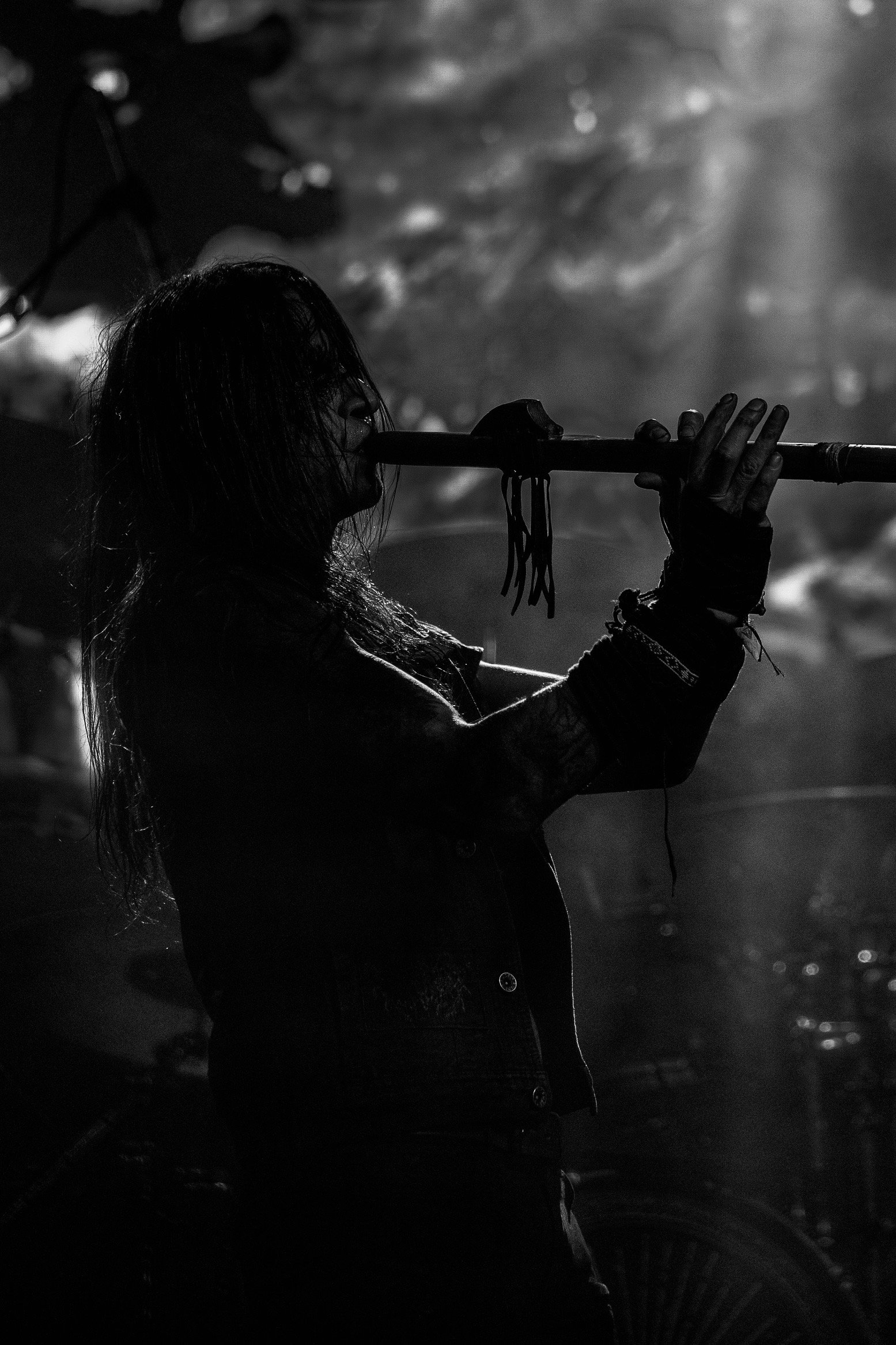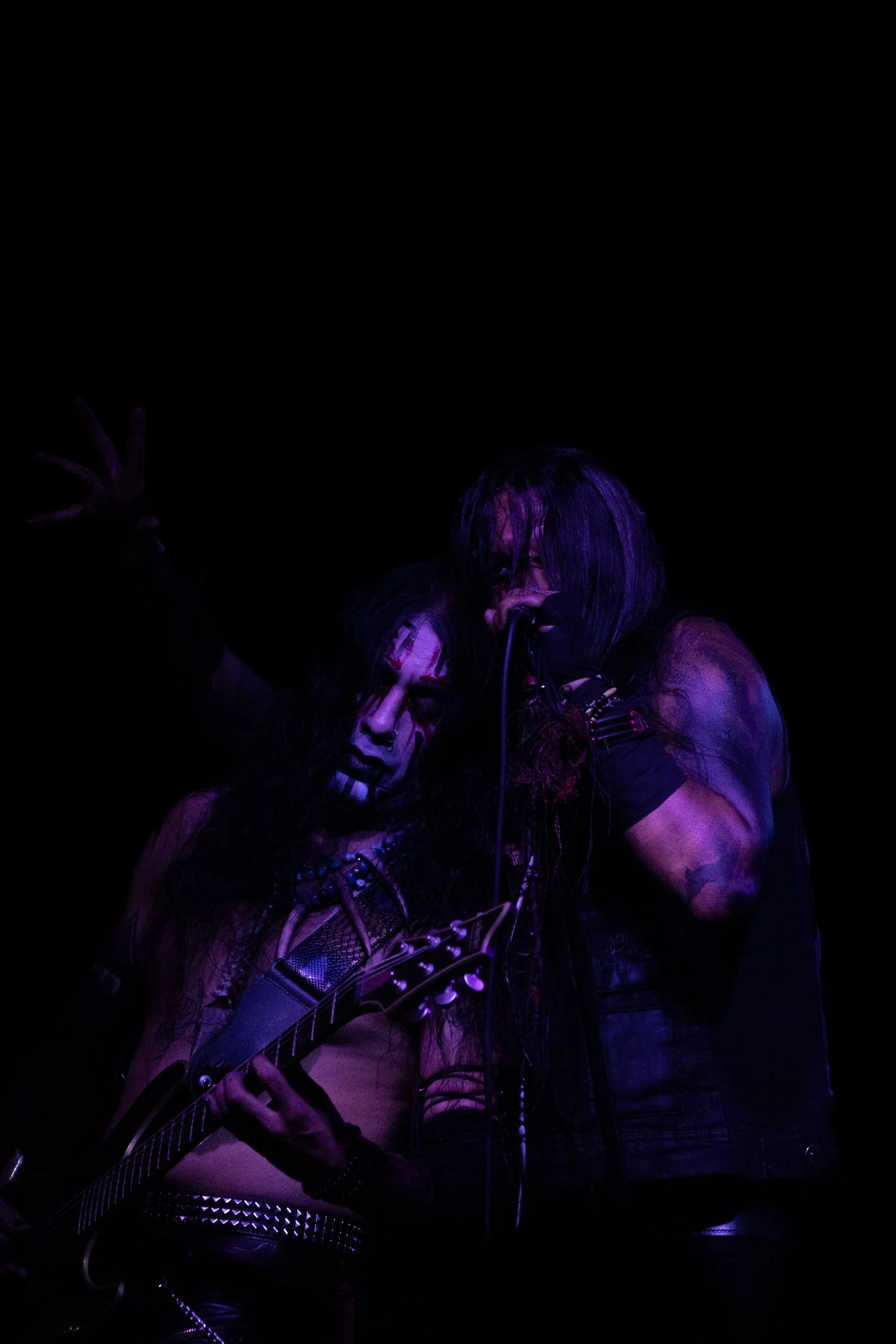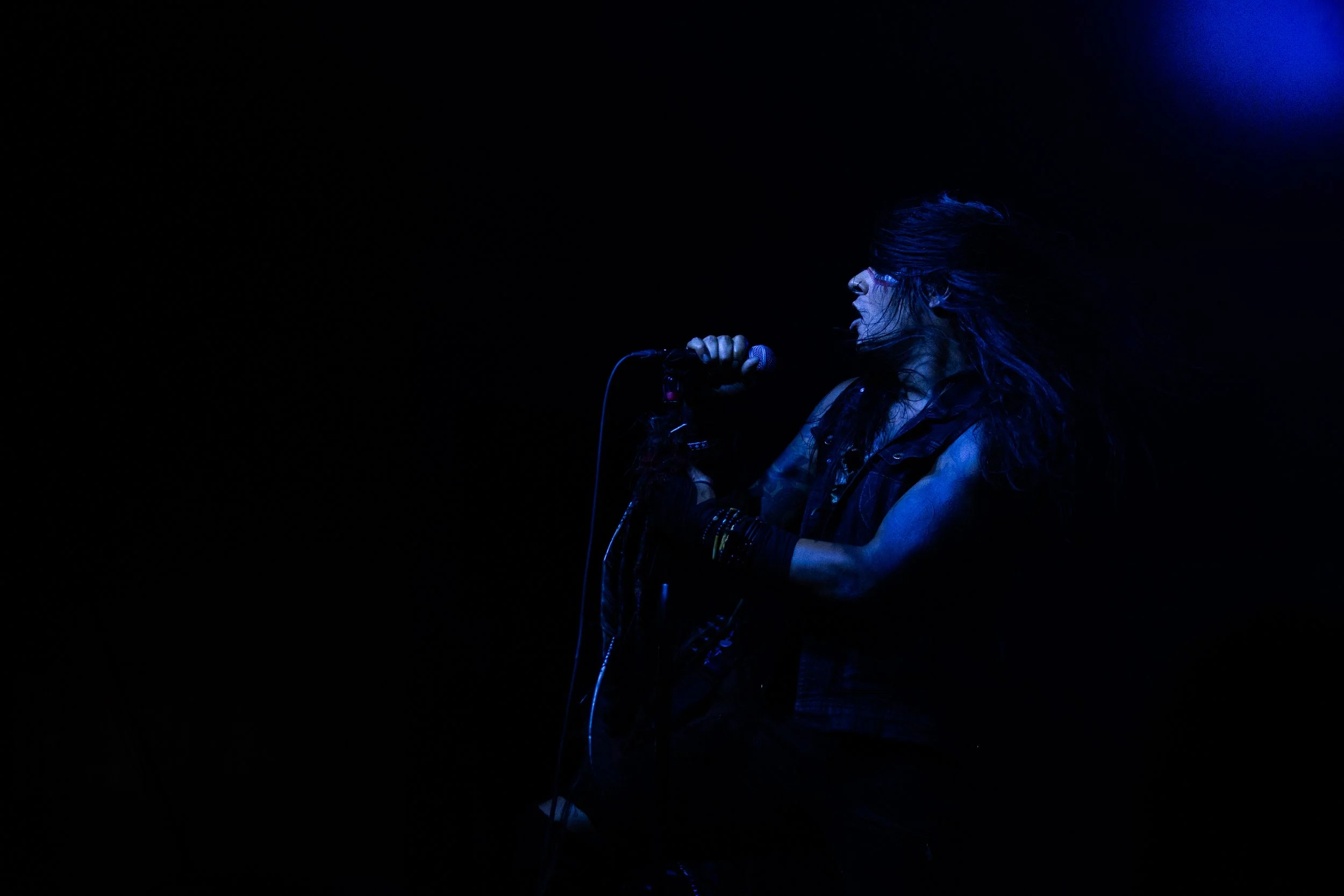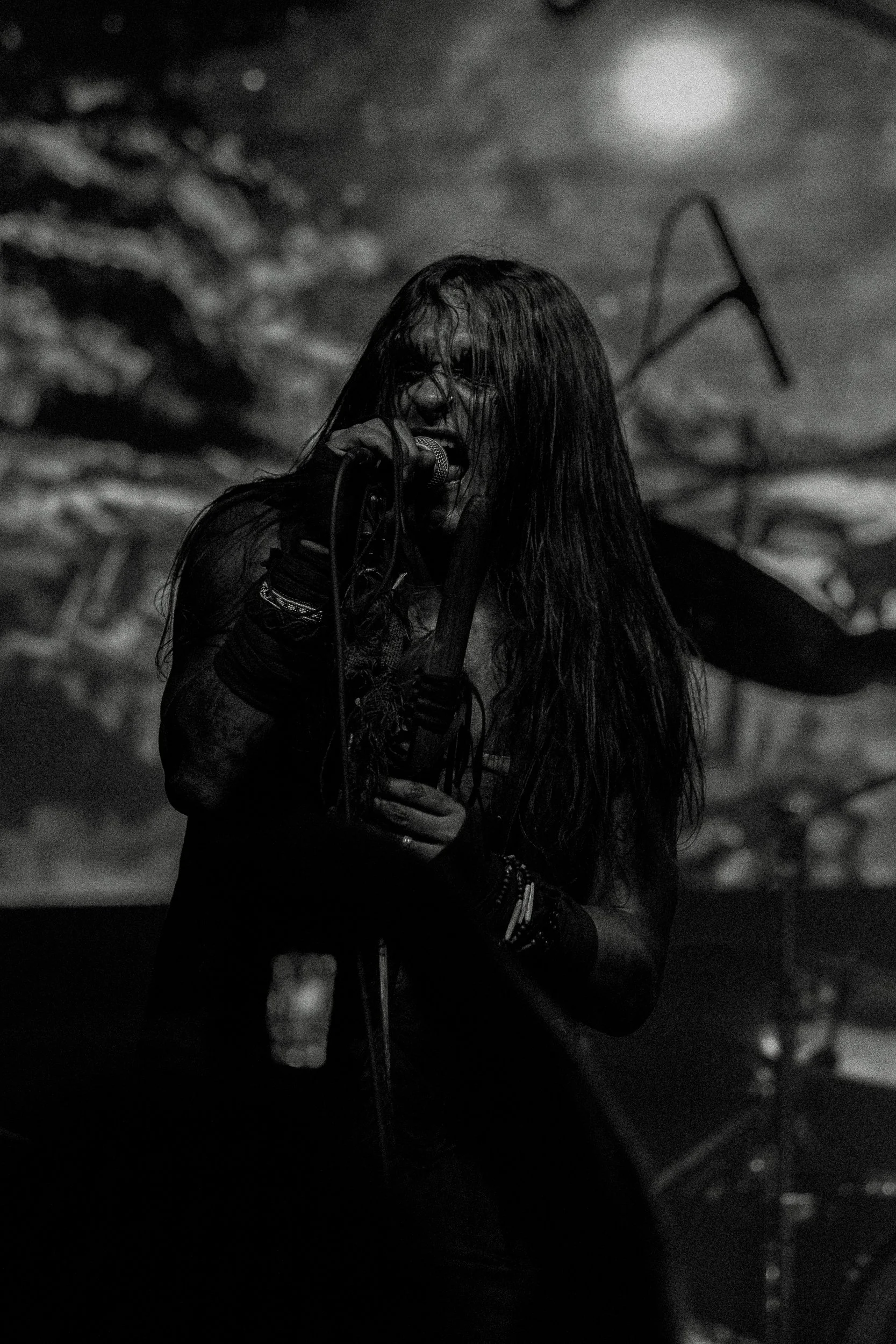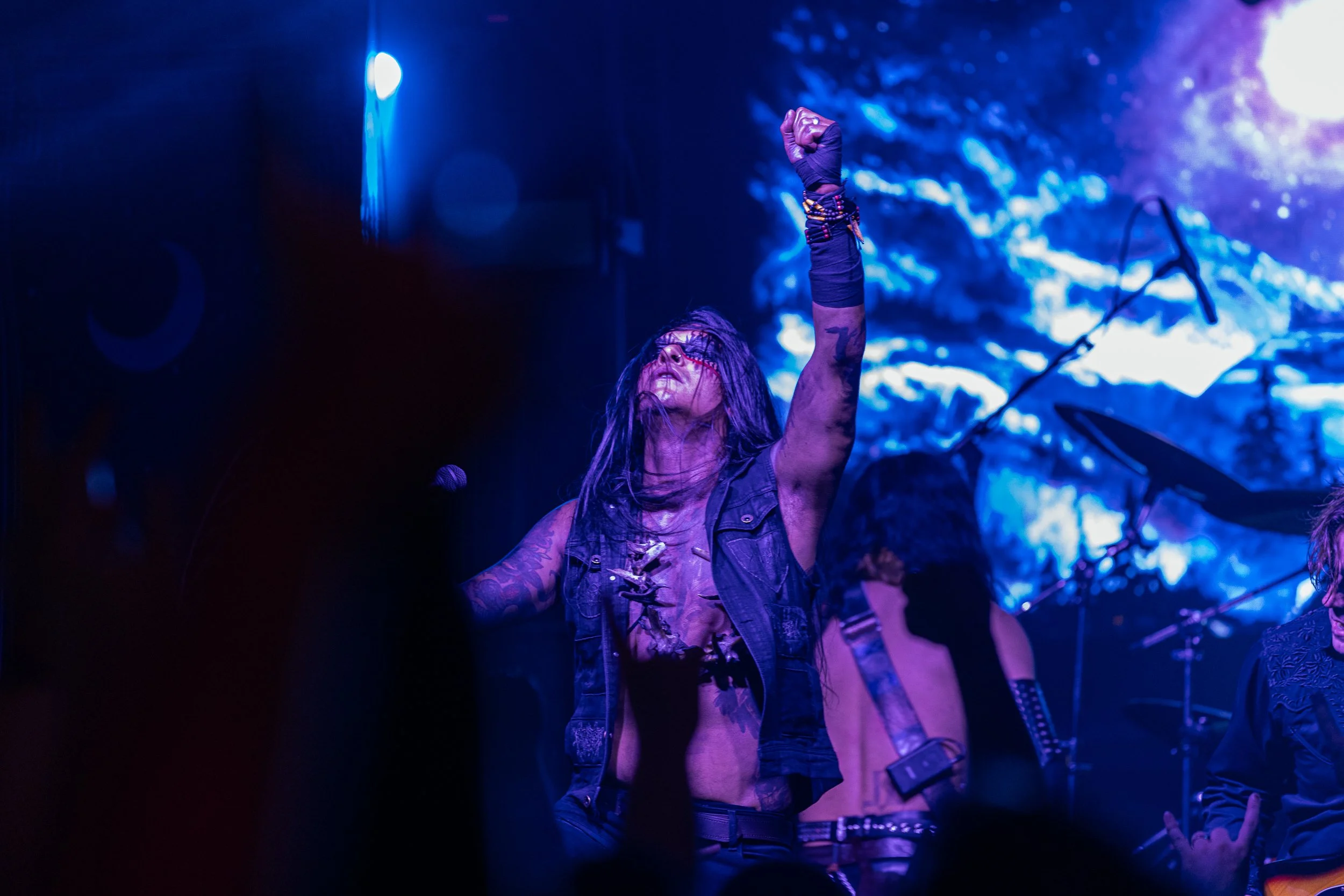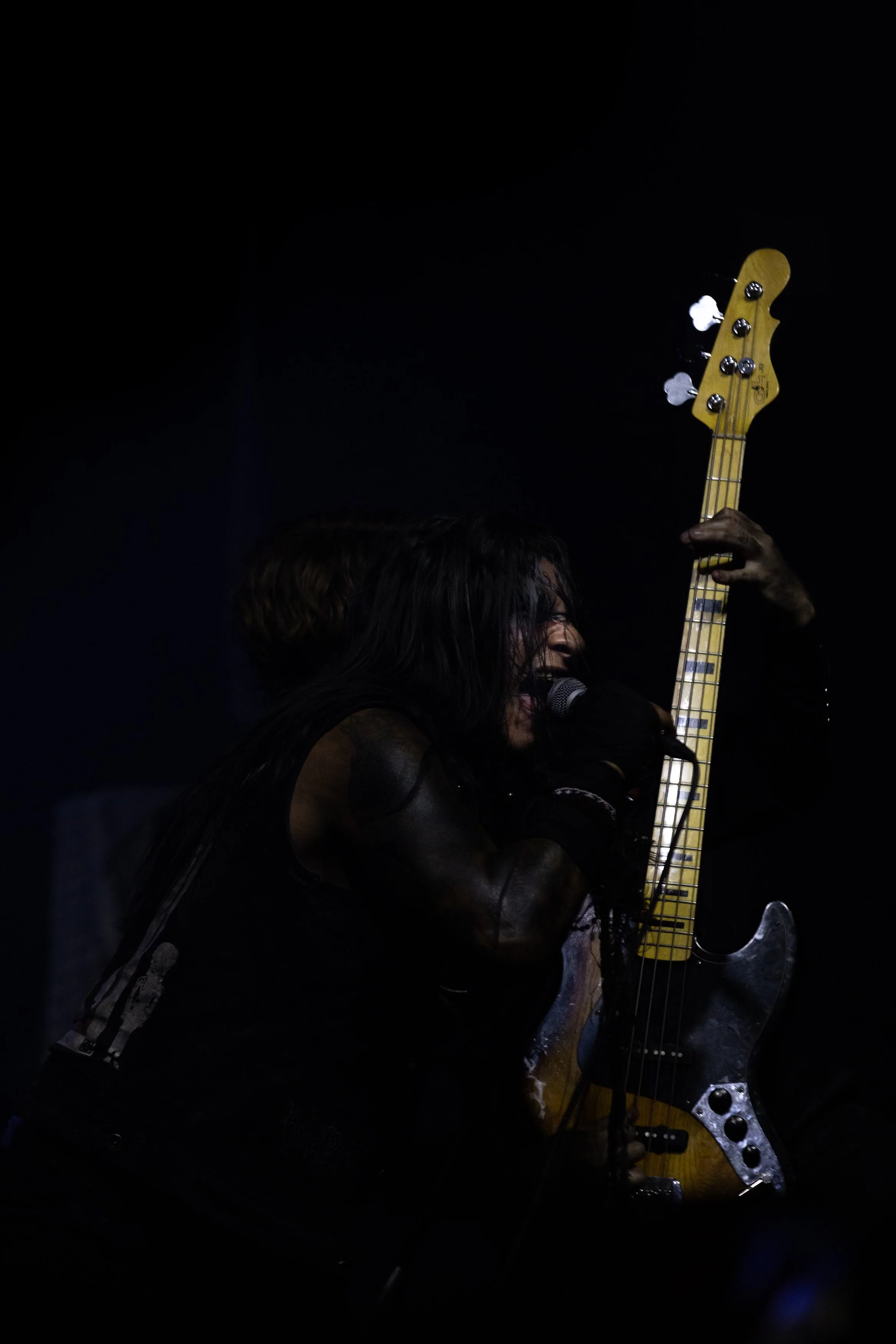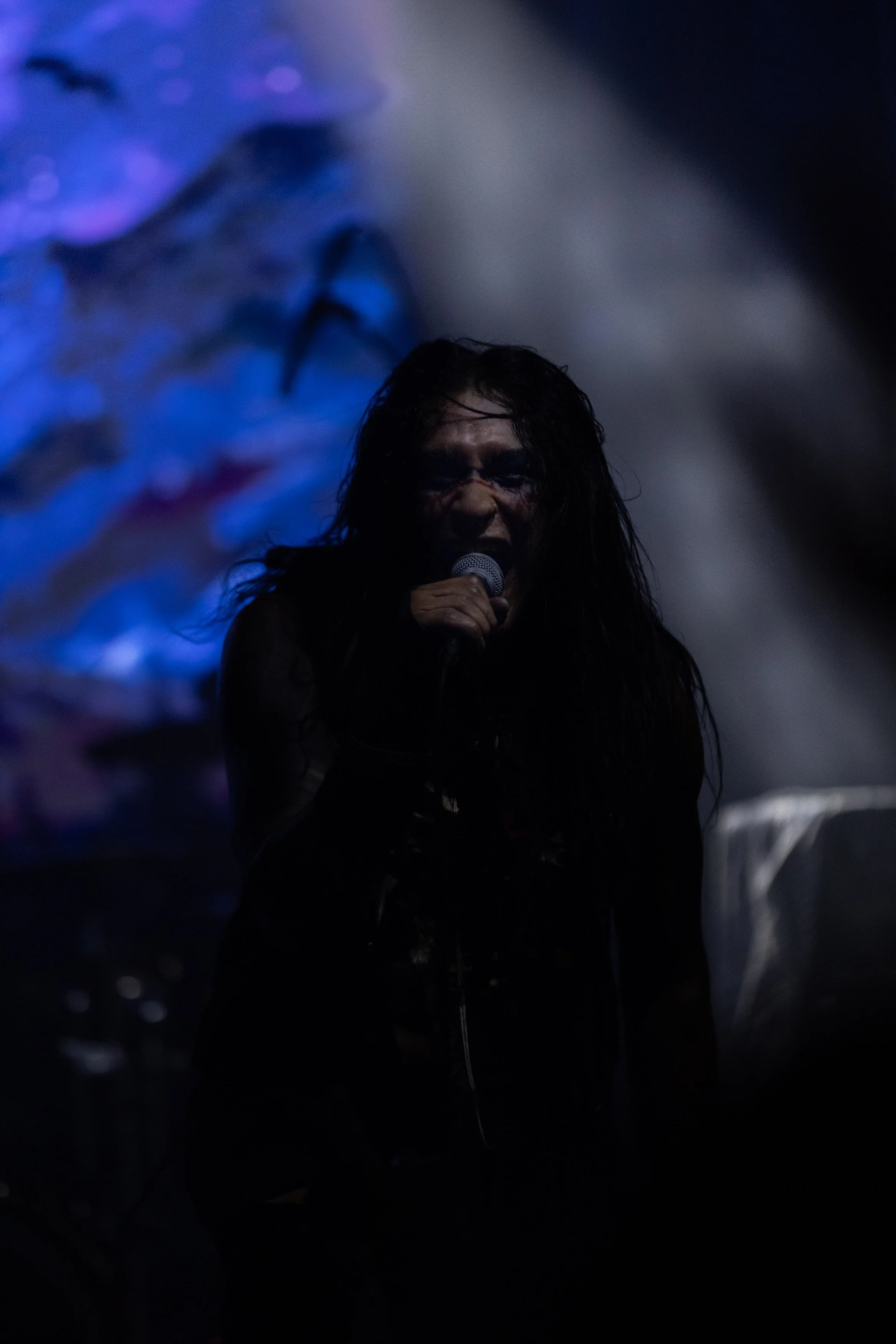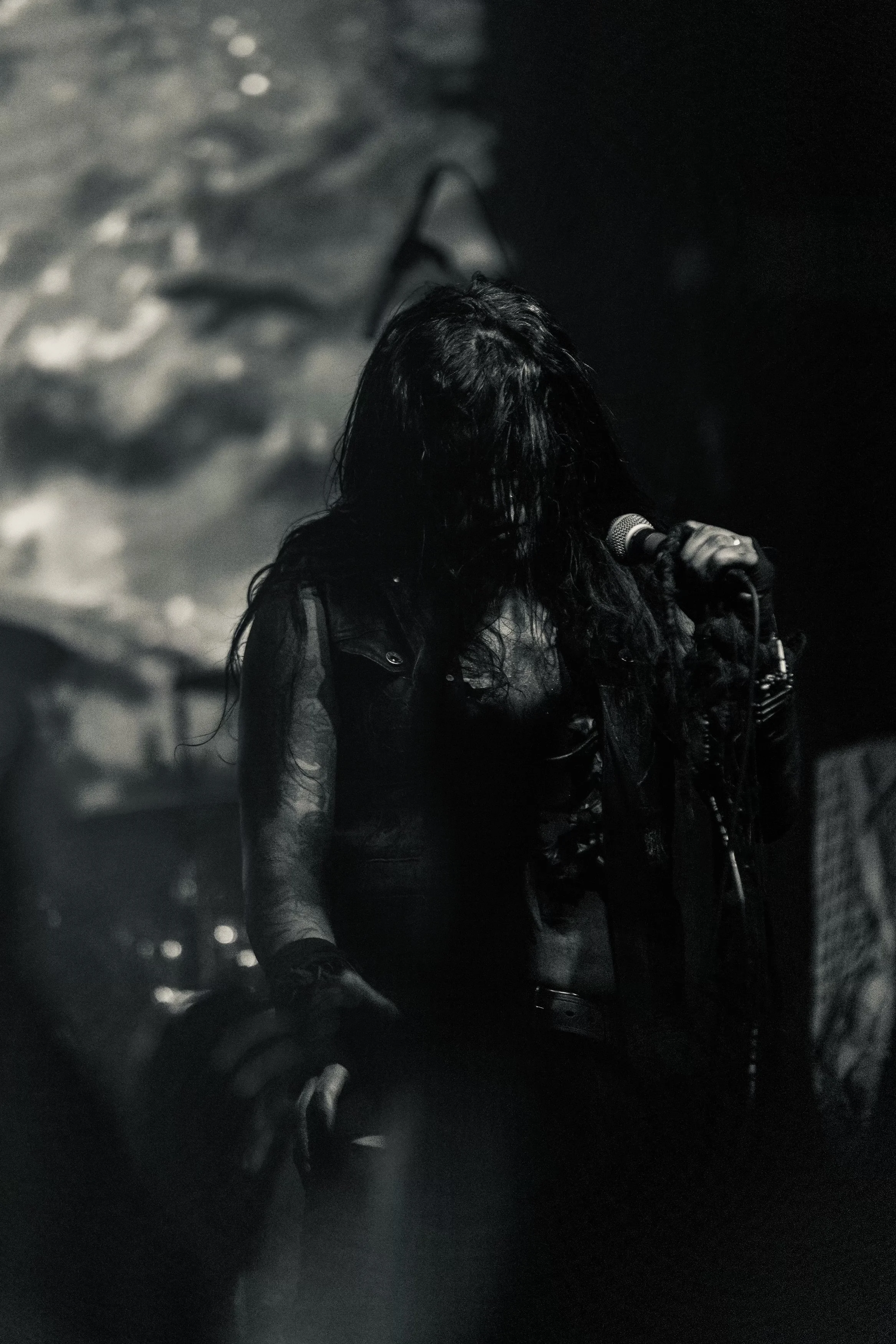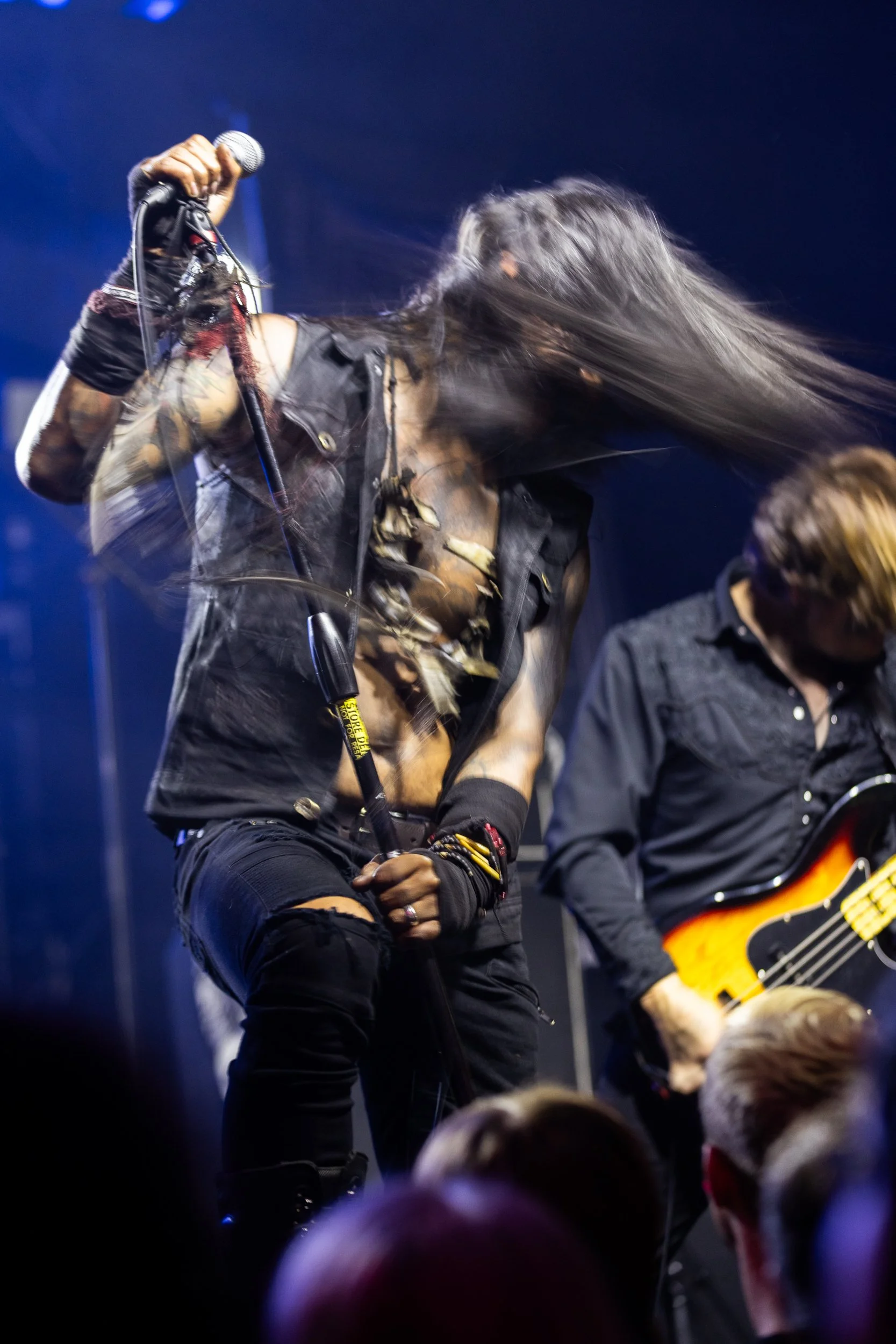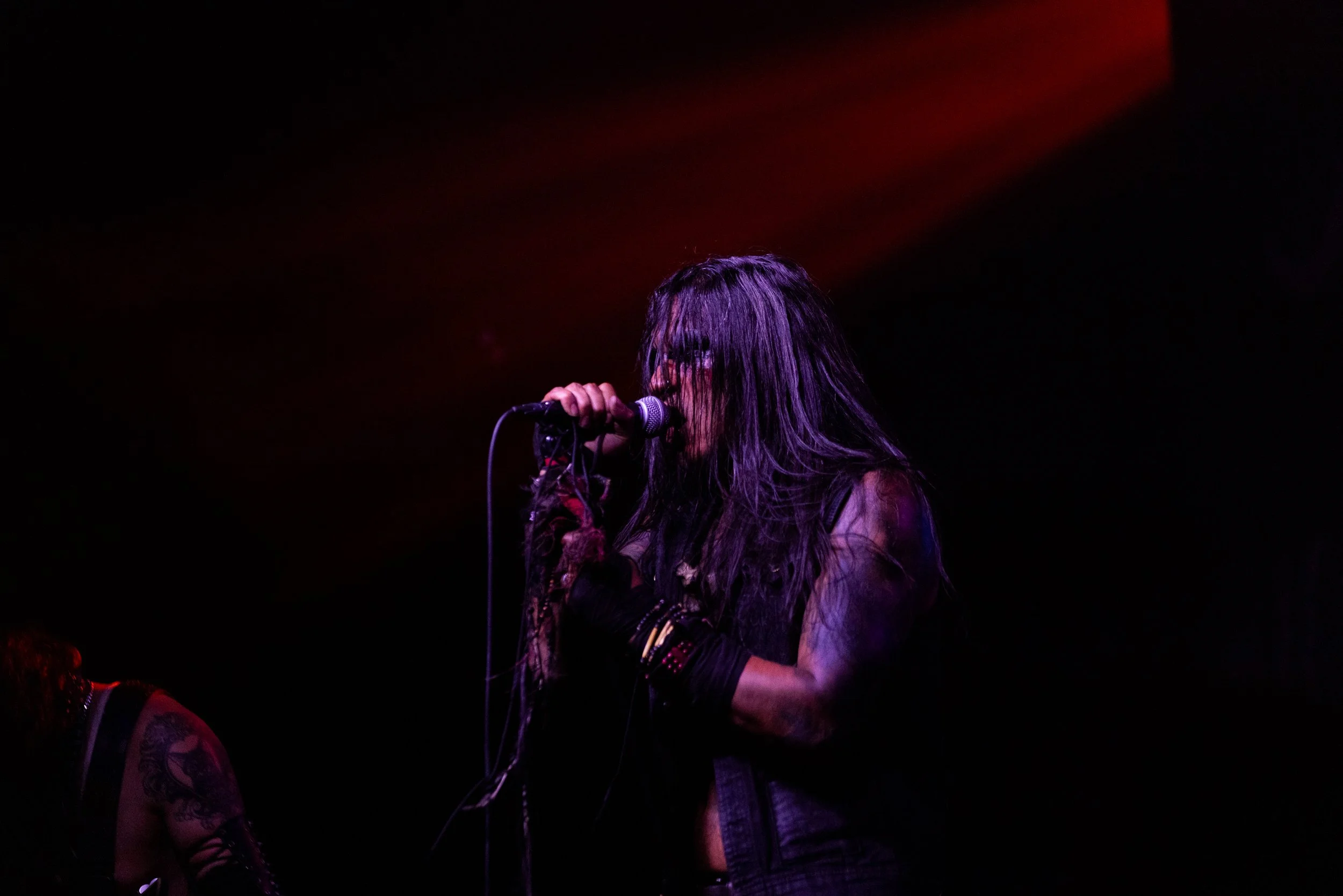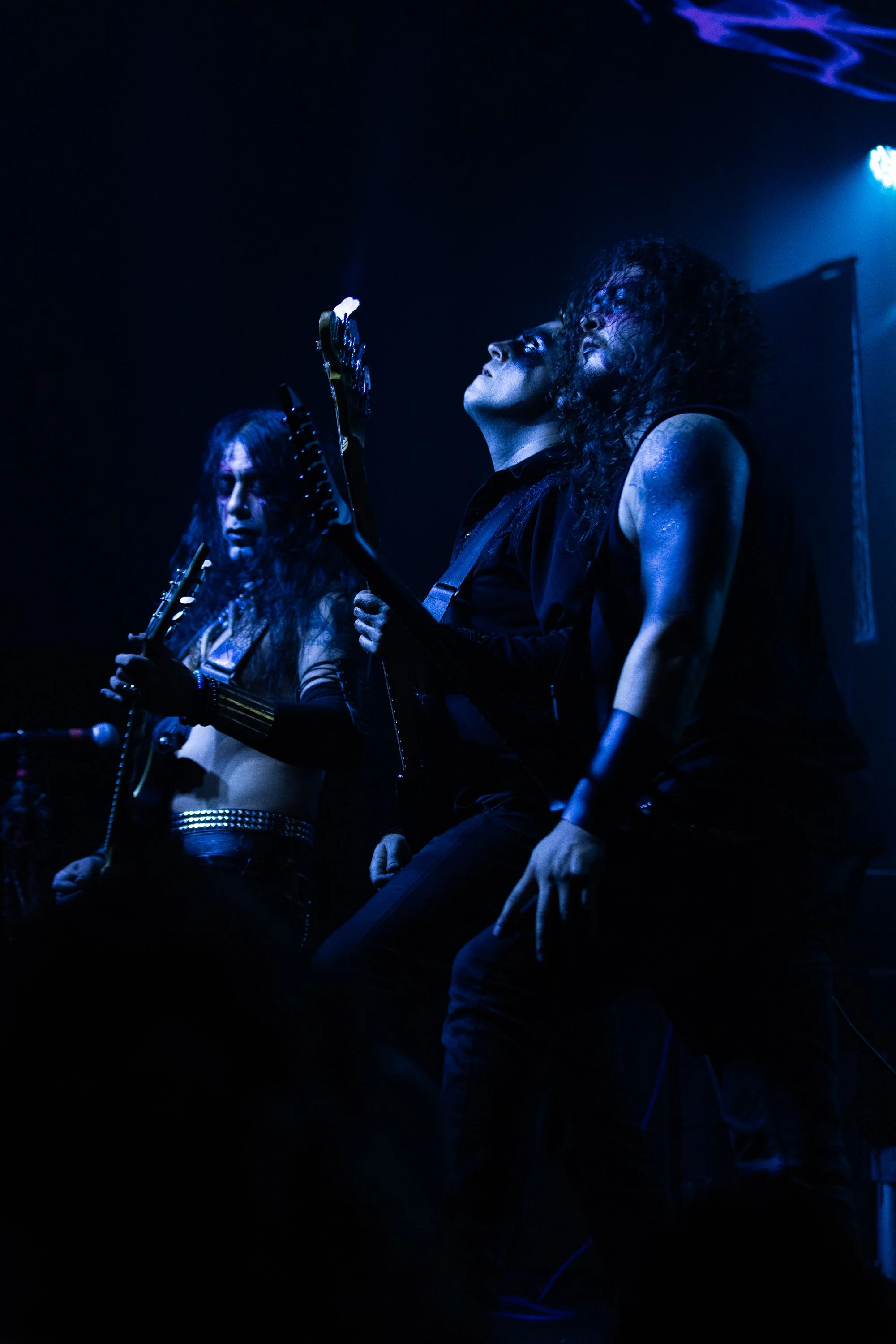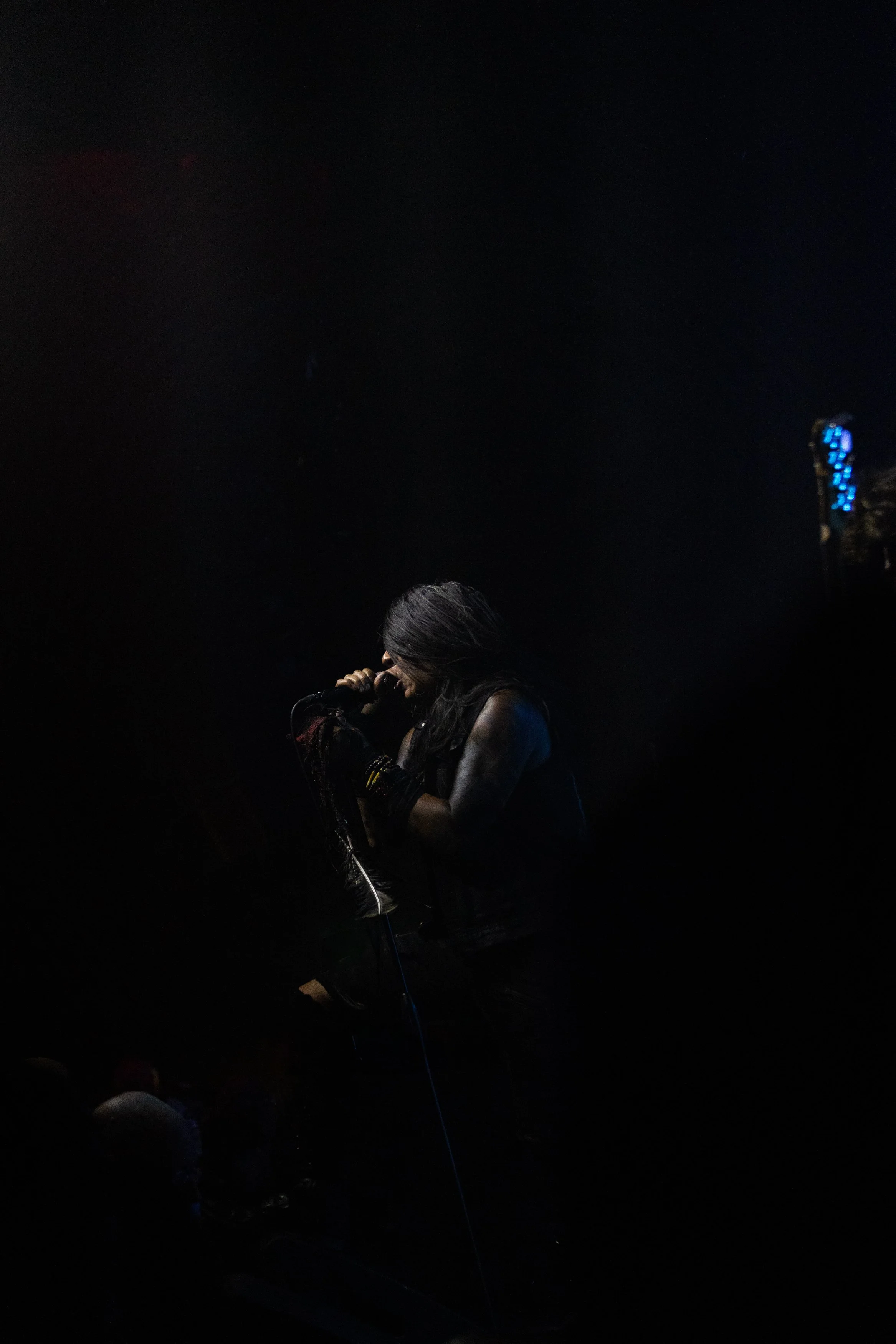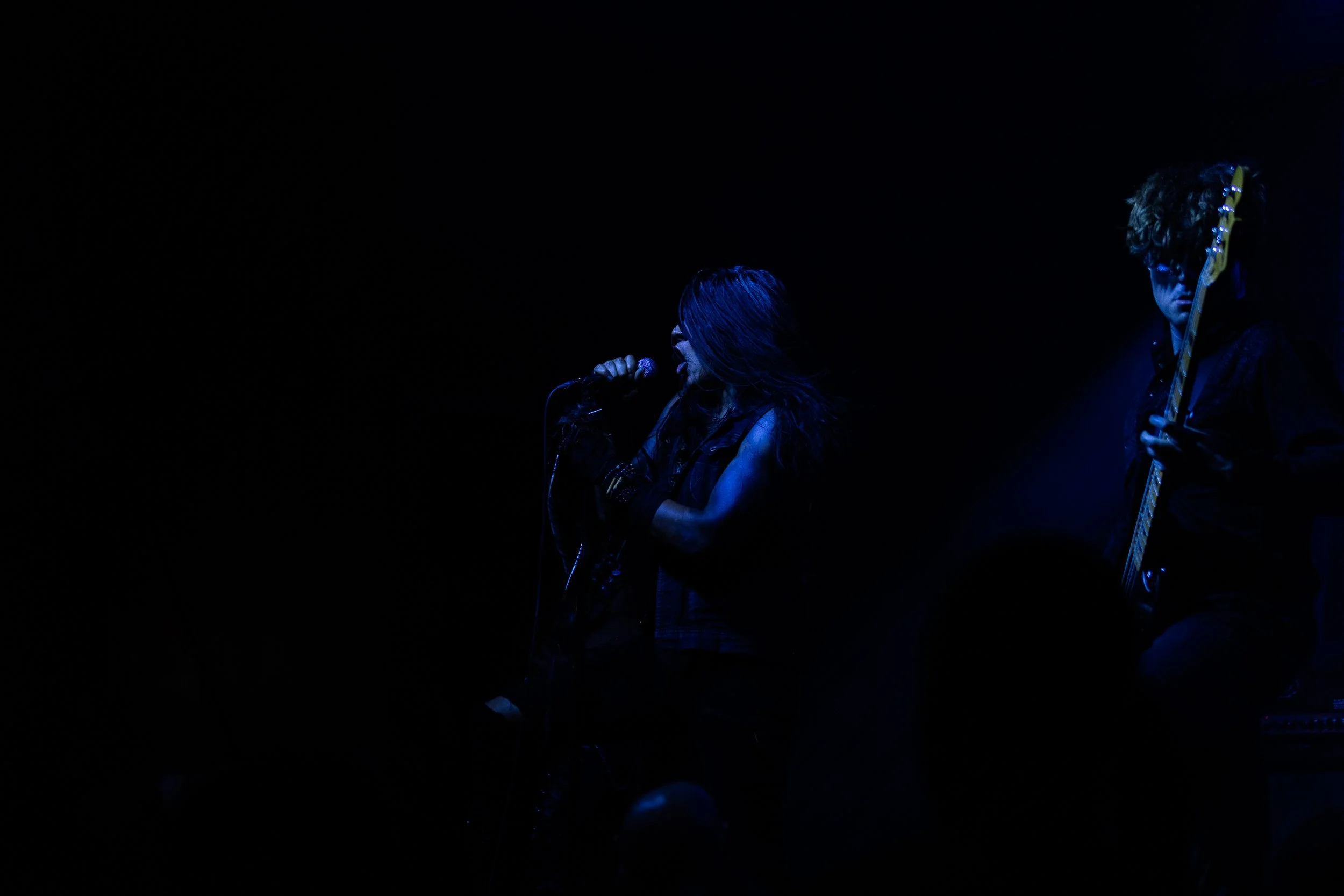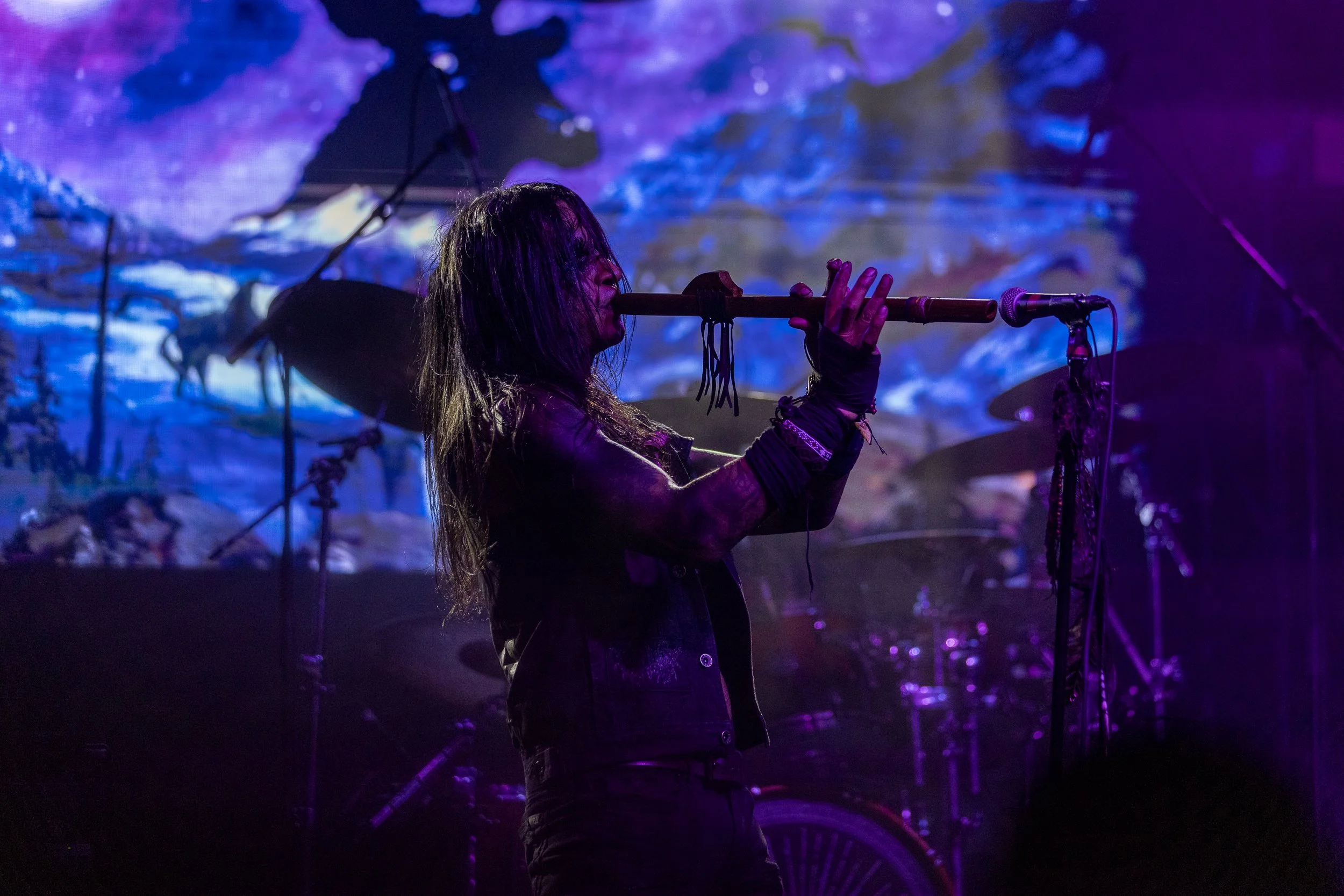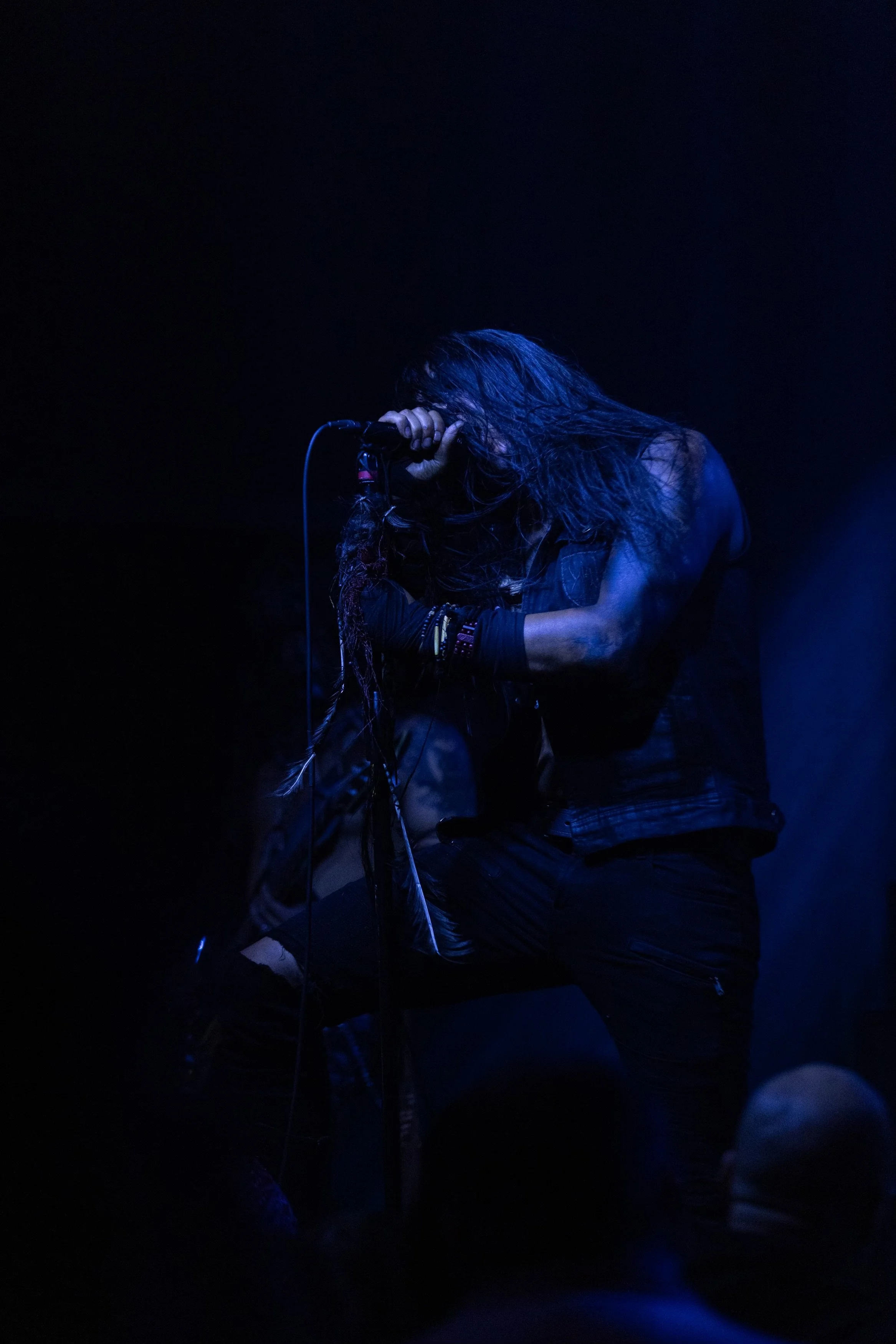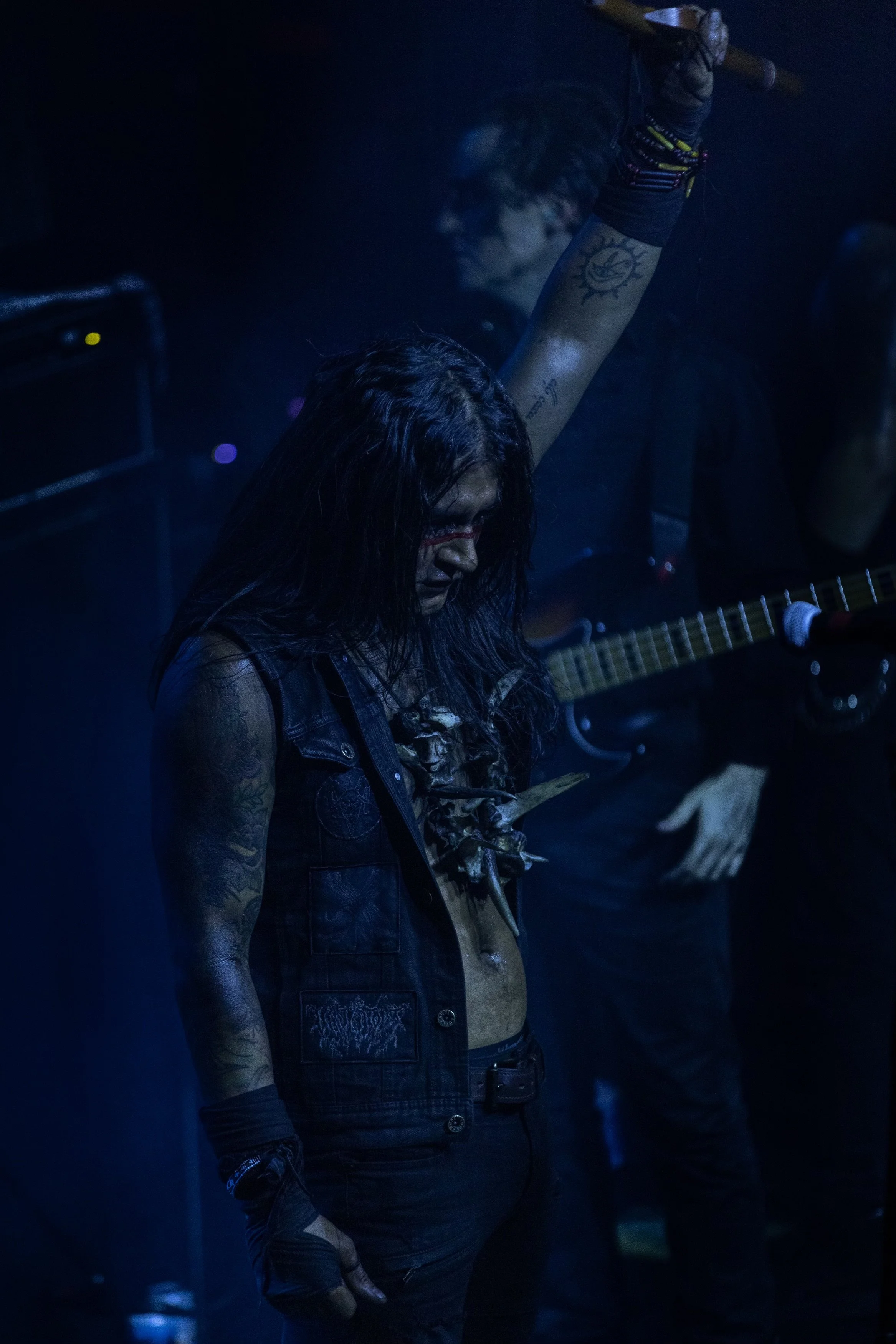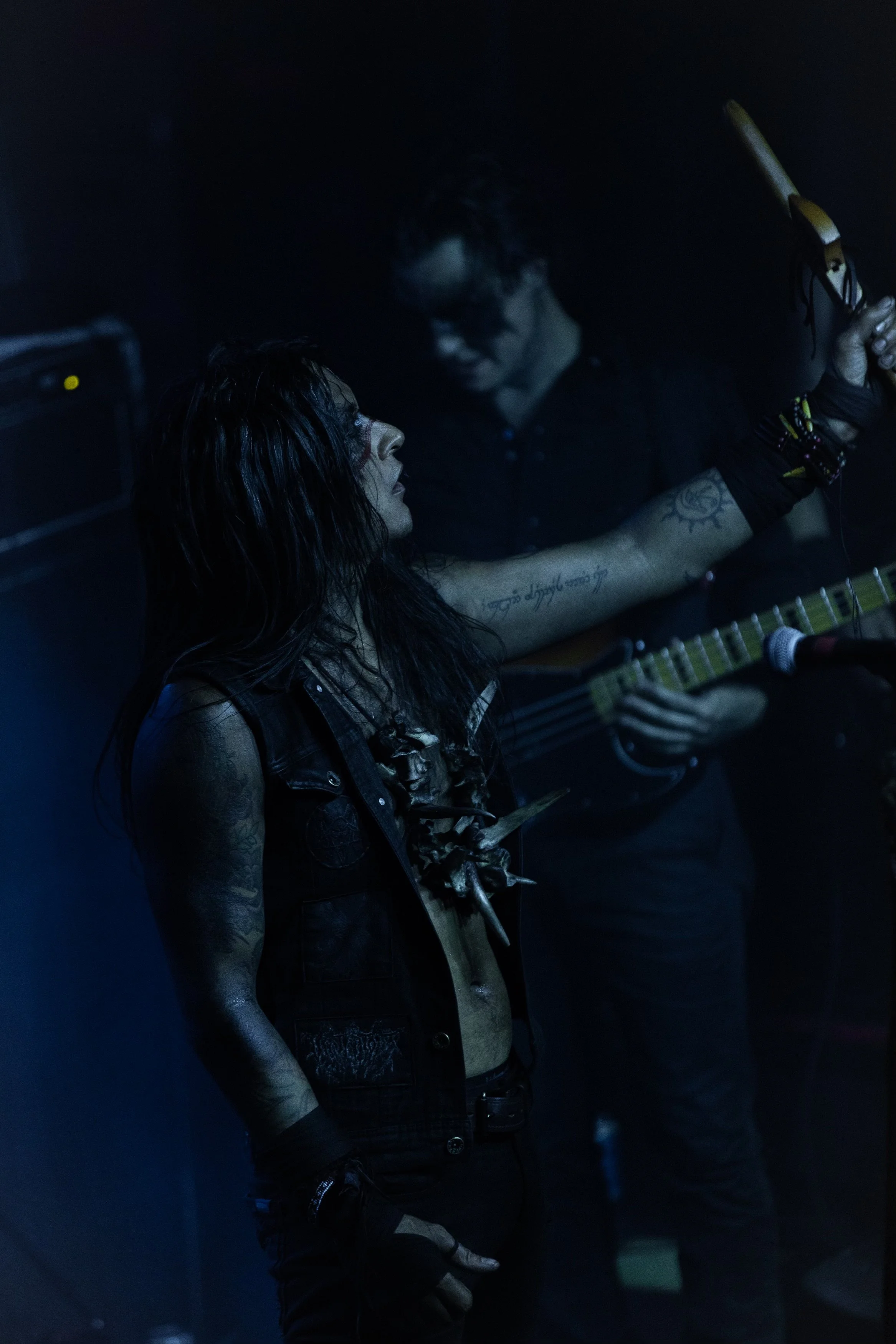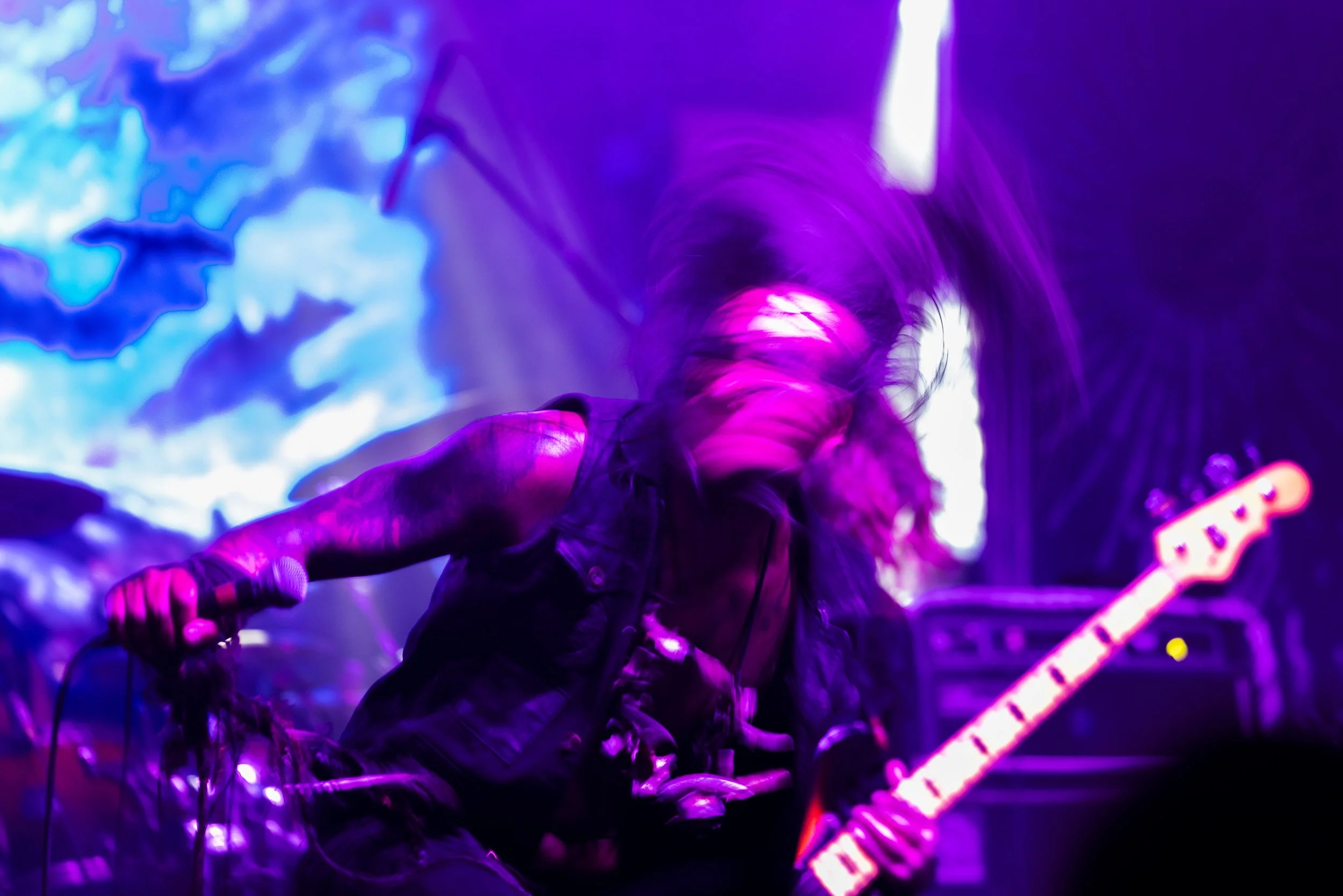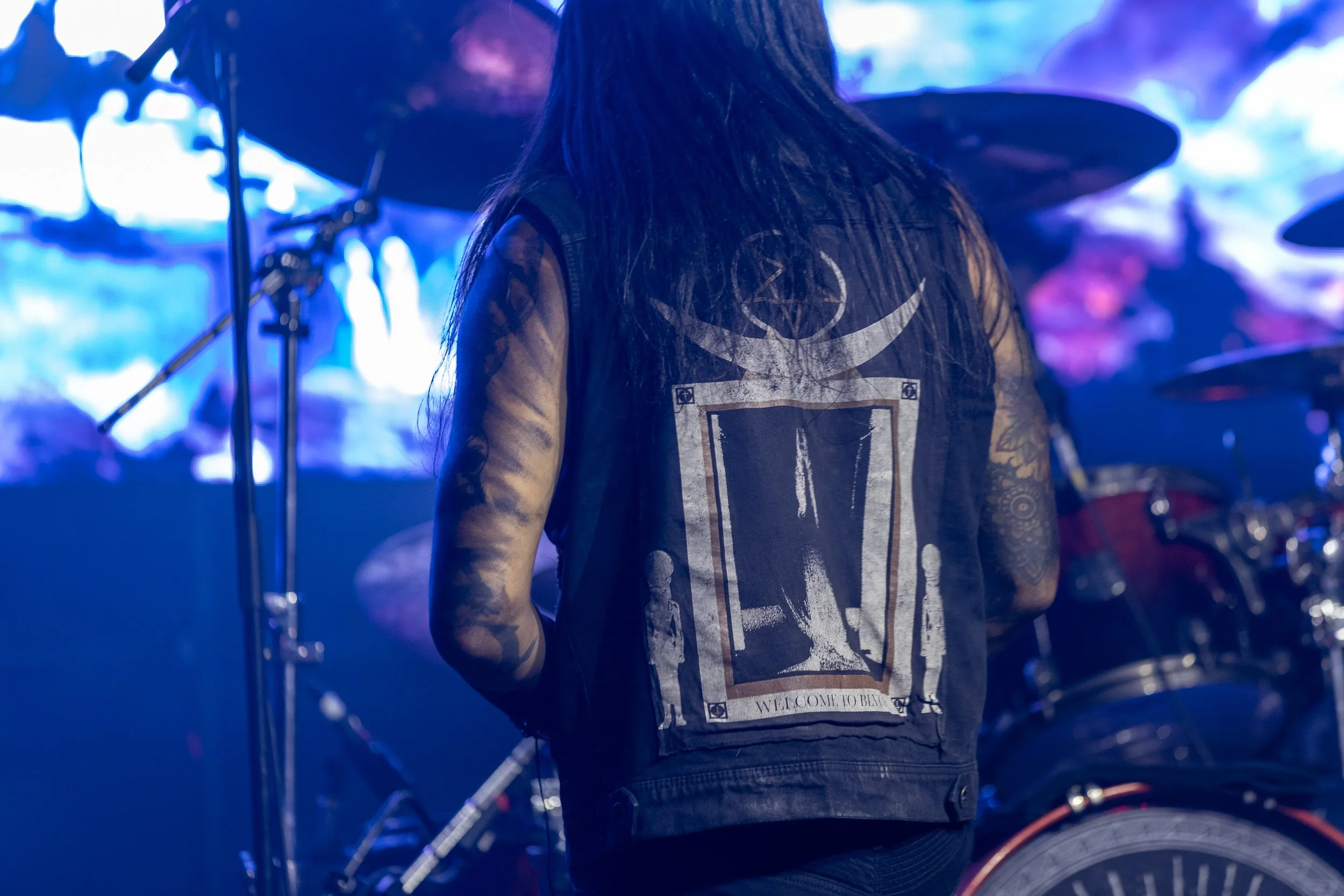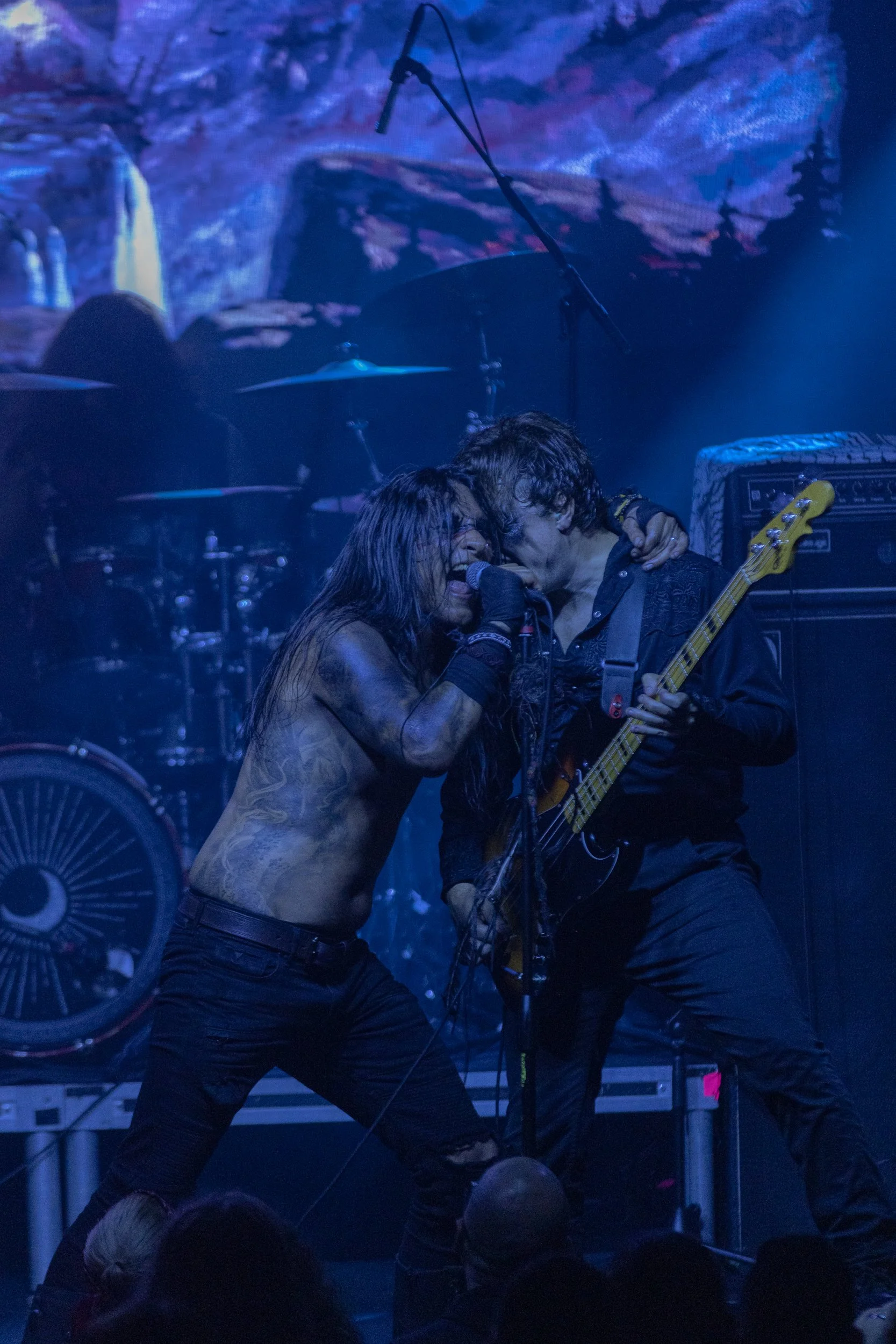Blackbraid
We sat down with Jon Krieger, creator of Blackbraid, to talk about his journey from solitary carpenter in the mountains to international black metal force. Jon shares the story of the project’s beginnings, his approach to songwriting, and the evolution behind the first three records.
He also opens up about his deep connection to nature, the spiritual roots of black metal, and how art continues to evolve in the digital age.
A pleasure connecting with a powerful voice in modern black metal.
If you haven’t yet, give Blackbraid III a listen.
— CG
How’s the tour been so far?
The tour’s been great. Three out of four shows have been sold out at this point. It really couldn’t be going any better. We’re having a blast with our friends in Dödsrit and Lamp of Murmuur. The whole thing couldn’t be going any better, honestly.
You have a pretty unique story. What was life like before Blackbraid?
Before I started Blackbraid, I was building houses - I was a carpenter. I lived kind of out in the middle of nowhere, so it’s definitely a major change for me. The nearest city is two hours away, so being in cities every night is probably the biggest adjustment when we do big tours. That said, I’m playing my own music in front of hundreds of people every night, so I love it. It’s a stark contrast from my home life, though. When I’m home, I’m kind of a hermit. I don’t see or talk to anyone.
What inspired the first project?
Honestly, I don't know. I’ve listened to black metal my whole life and played guitar for most of it too. It was always just a hobby, I never really attempted a solo album before. Eventually, I got to a point where I was finally happy enough with my riffs to want to record them.
It started with two singles - Ghost Dance and River of Time. I didn’t really know what I was doing; I just recorded them for fun. When they turned out so good, I said, “fuck it, I’ll make a band I guess.” That’s how it all began.
What’s your approach to songwriting?
Honestly, I don’t really have one. Half the songs just flow out of me organically, and the other half I have to pull out of myself over months or even years. Sometimes I sit down for half an hour and a song just happens. Other times, it takes years to get it right.
For example, Tears of the Dawn started when I first began this band, and it went through three full album cycles before I felt it was ready to go. Some songs are really painful, some are really easy. I don’t really know how it works, but yeah, I guess I’m channeling something.
Talk to me about the evolution across the three projects.
I didn’t really know exactly what it was going to be when I first started. The first album came together very organically. It was really just the first five songs I finished that felt like they fit together. Around that time, I was also writing Moss Covered Bones from the second album, but it didn’t feel like it totally fit, so I saved it for the next one.
It wasn’t until the second record that I really had a vision for what I was trying to do. That one was a little more driven, with more purpose behind it - less thrown together. The third album is kind of a combination of the first two. I felt like I was trying to perfect the sound on the second one, but it still left a bit missing. The third one was me topping that off and finishing strong. I definitely feel it’s the most complete, and I’m most proud of it.
What comes next for Blackbraid?
We’ve got tours next year in the UK and Ireland, plus some European festivals. I might release some B-sides from the first three records that didn’t make it onto the albums. I definitely want to do another full-length one day, but there’s nothing planned at the moment.
How do you pick which patches go on your vest?
(Laughs) That vest has been with me long before Blackbraid. It was already covered in patches from bands I love. All good black metal. I didn’t make it for the band; I’ve had it for about ten years. It was already so beat up and rugged that it just fit the stage image perfectly.
Since the band started, I’ve only switched out one patch. I added a Vintertodt patch, one of my producer's side projects. Everything else is original.
What’s the connection between nature and black metal?
It’s a hard question to answer because it’s not black and white. Black metal has always been based in nature, and I live in nature. I grew up that way, so it’s always identified with me. I think a lot of it comes from the black metal roots being so based in paganism and anti-Christianity.
Christians tried for millennia to make us stop worshipping nature or seeing it as sacred. A lot of that connection comes from defying Christianity. Insisting that nature is the true power in the world and seeing past religions constructed by man. Even ideas of evil and Satanism stem from that same defiance and pagan reverence for nature. It’s a big melting pot, but it all seems to be a little interconnected, I’d say.
What are your thoughts on the current state of black metal?
I think it’s the same as my thoughts on music as a whole today. In the last 10–20 years, things have completely changed for all artists, in any medium. The internet has revolutionized art, for better and for worse. There’s just a lot more of it now. There are more bad projects, but also more amazing ones.
It’s a blessing and a curse. Twenty years ago, I never could have put my own albums out and been successful independently like this, but the internet made it possible. It’s also made shitty black metal a lot more accessible. You can’t stop the world from evolving though. No matter how much black metal changes, there will always be true black metal and great black metal. You’ve always had to search and dig for it, that hasn’t changed. You just have to dig in different places, I guess. There’s more good and bad, that’s just how the world works.
Thank you for creating these amazing projects and for taking the time to talk.
Jon: Thank you, man. It’s been a blast - a pleasure. Hope you enjoy the show.
